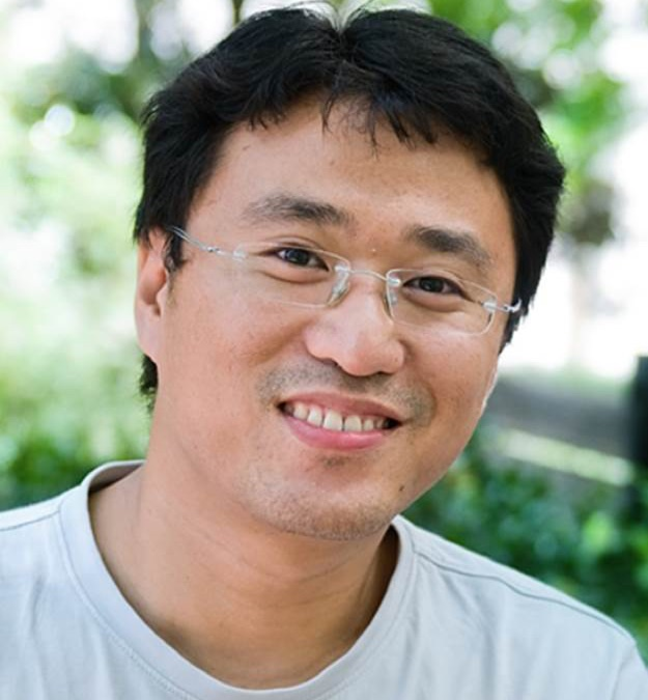A University of Texas at Arlington computer science and engineering assistant professor has received a National Institutes of Health grant to map the brain in an effort to detect Alzheimer’s disease earlier.

Credit: UT Arlington
A University of Texas at Arlington computer science and engineering assistant professor has received a National Institutes of Health grant to map the brain in an effort to detect Alzheimer’s disease earlier.
Dajiang Zhu will lead the five-year, $2.7 million project, titled “Mapping Trajectories of Alzheimer’s Progression via Personalized Brain Anchor-Nodes” in collaboration with colleagues at the University of Georgia and University of North Carolina. They will use large-scale magnetic resonance images to map the brain upon onset and during the disease at multiple clinical stages.
“This is a new approach to the disease,” Zhu said. “Diagnosis of Alzheimer’s isn’t challenging. It’s catching it as early as possible, or even at the asymptomatic stage, that is the challenge.”
Zhu and his team will use computational approaches to identify a set of stable brain landmarks as “anchor-nodes” and construct novel imaging-based biomarkers across a wide spectrum of Alzheimer’s development. Li Wang, an assistant professor in the Department of Mathematics, is a co-investigator on this project.
“Those biomarkers could give us insight as to where patients are in the life of the disease,” Zhu said. “We want to start being proactive in treating this disease, not reactive. If we can delay the onset of the disease, it could lead to better lives for so many people.”
Zhu said he’s been studying computational neuroscience and brain mapping on Alzheimer’s since his time at the University of Georgia, where he earned his doctorate. Before he joined UTA, Zhu was a postdoctoral scholar at the University of Southern California.
Hong Jiang, chair and professor in the Department of Computer Science and Engineering, said Zhu’s work could help many people.
“There are very few families who haven’t been touched by this disease,” Jiang said. “Identifying those biomarkers is the key to earlier detection, which could improve so many lives.”
According to the Alzheimer’s Association, about 50 million people worldwide are living with Alzheimer’s and forms of dementia, including more than 6 million Americans. The disease kills more people than breast and prostate cancers combined.




